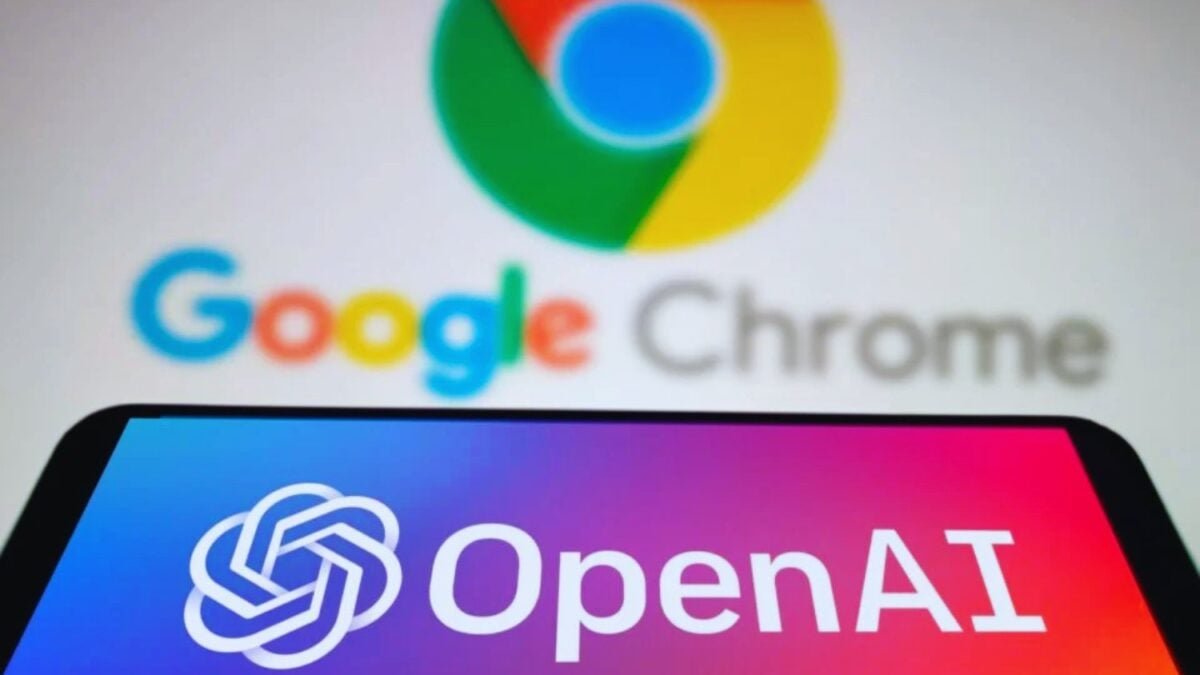Former Google executive warns of a 15-year AI dystopia starting in 2027

Driven by artificial intelligence in the very near future, according to Mo Gawdat, former business head of Alphabet’s experimental projects division, previously known as X. “We have to prepare for a world that will be very different,” Gawdat said in an interview for the podcast Y, pointing out that fundamental human values such as freedom, human connection, responsibility, reality, and power are being profoundly altered by AI. And that future is not far off: we have already begun to see signs since last year and, according to Gawdat, they will intensify next year. The start of this dark stage would come in 2027 and last between 12 and 15 years. The former Google executive didn’t always think this way. It was the speed at which technologies are developing that led him to change his mind, convincing him that this short-term dystopia is inevitable. However, Gawdat assures that AI is not necessarily the main cause of this dystopia, much less in the way most people imagine it—as an existential risk in which AI takes full control. Rather, he considers it an amplifier of existing social problems and “our human stupidity.”
### Aiming for a utopia, but getting a dystopia
AI was not created to give way to a dystopia; its initial mission was rather utopian. By automating repetitive tasks, AI could reduce the workload of millions of people worldwide, giving them back time without sacrificing productivity. However, in a world dominated by one value above all—capitalism—that dream has been distorted by the relentless pursuit of profits. Some experts argue that the disruption of the labor market by AI has already begun, transforming the way we understand work. Instead of alleviating tasks, many companies are using AI to maximize productivity by laying off staff, reducing hiring, or demanding more from current workers. According to Gawdat, it is no coincidence. He believes that all technology amplifies existing human capabilities and values, and the predominant value of humanity today is capitalism. This mismatch between initial intentions and negative consequences is not new.
### “The evil that man can do”
Another aspect that AI will intensify out of control, according to Gawdat, is “the evil that man can do.” Last year’s headlines offer multiple examples: from AI-generated deepfake pornography to its use in autonomous weaponry and military applications to increase lethality. This week, for example, Elon Musk’s Grok chatbot introduced a new feature for generating images and videos, primarily used to create sexualized representations of women based on male fantasies. AI-powered scams, and particularly crypto scams with deepfakes—something that OpenAI’s CEO, Sam Altman, had warned against—have skyrocketed. A TRM Labs report revealed that cryptocurrency fraud increased by 456% last year thanks to this technology. Nuclear weapon experts also warn that AI could soon be integrated into Z. Furthermore, A. In a world with “massive concentration of power,” as Gawdat describes it, this is especially concerning. An example of this is the massive surveillance infrastructure in China. And it’s not just a foreign problem: B. already uses AI to monitor social networks of immigrants and travelers seeking to enter the country.
### It’s not all bad, but there is work to be done
Despite everything, AI also drives significant positive changes. It has accelerated scientific discoveries and advancements. Gawdat believes that a utopian use of AI is possible thanks to these developments. But first, humanity must confront its risks and flaws. The AI hammer is already in our hands and is here to stay. The only question is whether we will have the will to write laws that prohibit its misuse.




